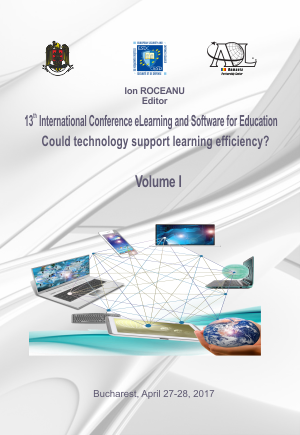THE USE OF TECHNOLOGY IN REDUCING COGNITIVE BIASES. STUDY CASE: INTELLIGENCE ANALYSIS
THE USE OF TECHNOLOGY IN REDUCING COGNITIVE BIASES. STUDY CASE: INTELLIGENCE ANALYSIS
Author(s): Florentina Hăhăianu, Teodora DobreSubject(s): Social Sciences
Published by: Carol I National Defence University Publishing House
Keywords: cognitive biases; analysis; technology; technological analytical tool;intelligence activity;
Summary/Abstract: The fast-paced technological advancements have generated instruments that changed the process of accessing information, allowing individuals to have almost instant access to worldwide data. Thus, in the informational era, characterized by an overflow of information, the main challenge is no longer obtaining data, but identifying relevant pieces of information and linking them with predefined knowledge. In this context, the present paper addresses the problem of inherent thinking errors that individuals make in processing information. There are two different dimensions which need to be addressed in regard to this topic: understanding the fundamental concepts and identifying efficient technological instruments for reducing subjectivity, as a precondition for competitiveness. Using the experiment as a scientific research method, the article narrows the narrative and focuses on the need for reducing cognitive biases in intelligence analysis, by using technology-based analytical tools. The option for focusing on intelligence analysis within the study case is sustained by the specificity of the activity itself. Defined as “knowledge and foreknowledge of the world around us”, intelligence seeks to achieve a deeper comprehension of the interactions existent within the society and to provide the decision-making body with relevant, opportune and most important, objective information needed in the decision making process. The objectivity exigence becomes primordial due to the fact that good governmental decisions rely on accurate and unbiased information about potential national security threats and vulnerabilities. The experiment conducted emphasizes the degree in which the use of specific analytical software can reduce the degree of subjectivity in intelligence analysis
Journal: Conference proceedings of »eLearning and Software for Education« (eLSE)
- Issue Year: 13/2017
- Issue No: 01
- Page Range: 52-57
- Page Count: 6
- Language: English

